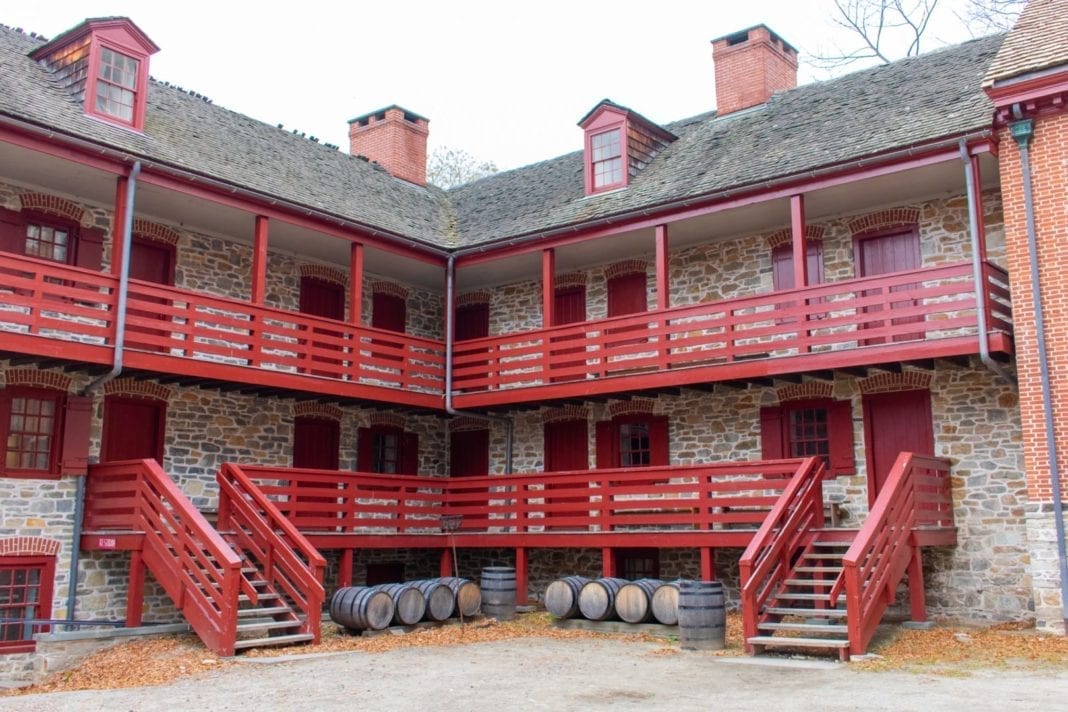The Old Barracks will host two lectures by leading historians sponsored by the Society of Sons of the Revolution in the State of New Jersey. Lectures are online, free to attend, and start at 7 pm. Books can be ordered online at www.barracks.org.
Wednesday, January 26 at 7 p.m. | Larry Kidder will present a lecture on his book “The Revolutionary World of a Free Black Man: Jacob Francis, 1754-1836.” Born in Amwell Township to a free Black mother, Jacob Francis lived his 82-year life in a world of revolutionary change. He became caught up in the rising tide of revolution in the 1760s and 70s and served fourteen months in the 16th Continental Army regiment, including at the Battle of Trenton, and then in the Third Hunterdon County militia regiment for over six years. Establishing himself as a farmer, he married an enslaved woman named Mary, freed her and together they raised their nine children in the vicinity of Flemington during a period of rising interest in abolition. The story of Jacob Francis and his family provides an inside view of life in New Jersey in the late eighteenth and early nineteenth centuries and the revolutionary changes affecting the lives of both free and enslaved Black people.”. The book puts a spotlight on what may be the most unappreciated moment of a young nation’s revolutionary struggle when George Washington’s army narrowly escaped destruction to keep alive its fight for American independence. Registration required.
Wednesday, February 9 at 7 p.m. | T. Cole Jones will present “The Problem of Prisoners of War in the American Revolution” which focuses on his book “Captives of Liberty: Prisoners of War and the Politics of Vengeance in the American Revolution.” This lecture will examine how the founding generation of Americans grappled with the problems of prisoner treatment. During the eight-year conflict, American forces captured over seventeen thousand British and allied Germanic soldiers, as well as thousands more loyalist civilians and British mariners. The number of enemy prisoners in American custody often exceeded that of American soldiers in the Continental army. These prisoners proved increasingly burdensome for the new nation as the war progressed. What was to become of these men? How should they be confined? Who would pay to house and feed them? When and how should they be released? A series of thorny political issues compounded these logistical difficulties. This talk will take the audience from the meeting rooms of the Continental Congress to the prison camps of Virginia, Maryland, and Pennsylvania, revealing the factors that coalesced to transform the conflict into a war for vengeance, escalating its violence precipitously. Registration required.





